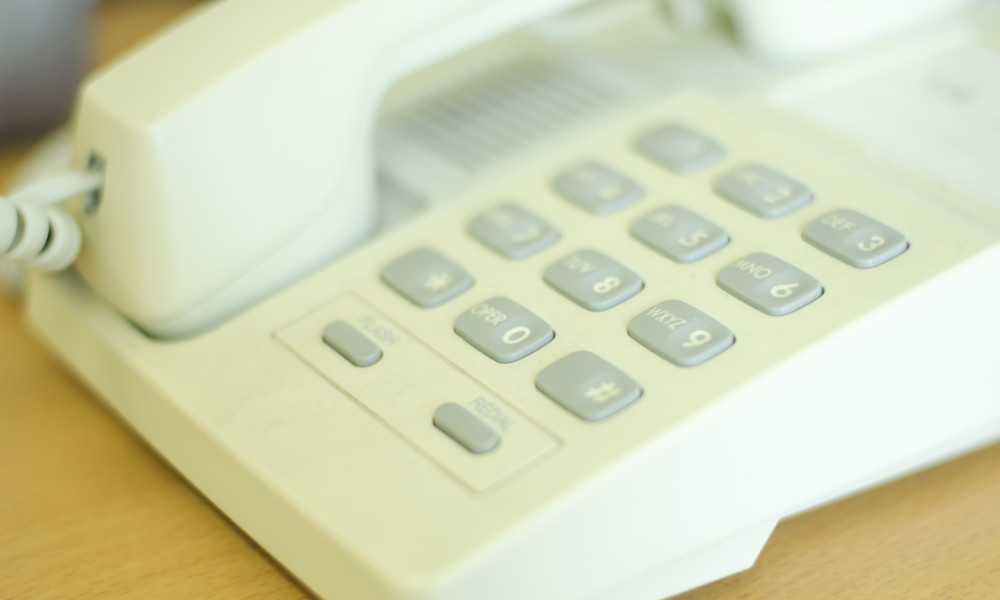
Consumers Union Builds Massive Support in Robocall Fight
The nonprofit group behind Consumer Reports can count hundreds of thousands of supporters in its fight against automated phone calls. But while it wants companies like AT&T and Verizon to make changes to help stop the calls at the source, the telecom industry says it's easier said than done.
Can robocalls be stopped before they even hit our phones? A major consumers group—and nearly 300,000 supporters—believes they can be.
Consumers Union, the nonprofit group that created the magazine Consumer Reports, has been heavily focused on the issue of automated phone calls in recent months and has asked the Federal Communications Commission to take a stance on the issue. Through its website EndRobocalls.org, the organization has received hundreds of thousands of signatures in support of the goal.
But while major landline phone providers have heard the complaints, the group says they’re not doing enough to solve the issue.
“We appreciate the initiatives launched by AT&T and Verizon to limit robocalls, but they fall far short of what their customers expect and deserve,” Timothy Marvin, a grassroots organizer for the group, said in a news release. “We’re still waiting for a response from CenturyLink to find out their plans for protecting their customers from robocalls.”
In a recent piece from The Associated Press, the companies emphasized that they understand the public’s concerns—which have grown, along with the number of requests to be added to the federal do-not-call list—but worry about running afoul of federal law in the process. AT&T noted that problems with “spoofing,” or falsifying information, were common.
Last fall, the National Association of Attorneys General asked the FCC and the United States Telecommunications Association (USTelecom) whether there would be any legal issues stopping phone companies from blocking the calls. USTelecom was wary of the idea, claiming that “complex technological and legal issues” would limit changes, and told NBC News that stopping robocalls would require significant upgrades to the landline system at a time when its growth is slowing.
The Federal Trade Commission, which operates the do-not-call list, notes that the issue has become a huge annoyance on its end. The group receives 150,000 robocall complaints per month, according to the AP.
“For every company we can shut down, there are probably 10 to 100 companies that can pop up in its place,” FTC Staff Attorney Patty Hsue told the AP.
Consumers Union’s efforts are ongoing and have included fights against creating loopholes to allow robocalls on cellphones and other devices—something that financial services groups have pushed for in recent months.






Comments